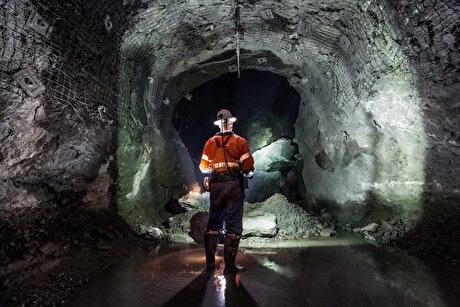
Foreign investment in Aras Free Zone rises 78% in H1
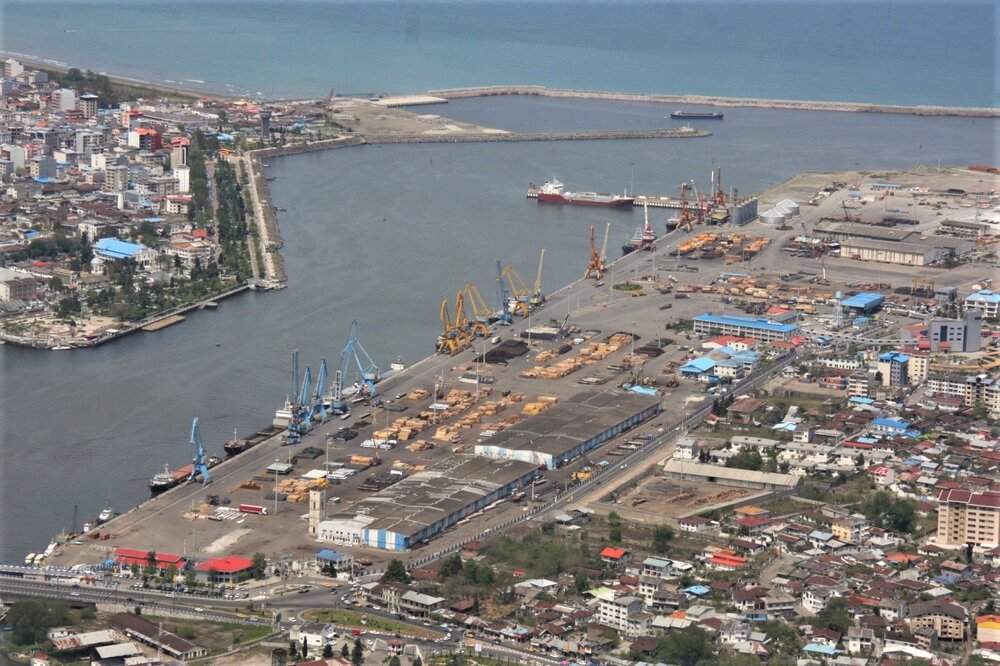
Safar Shasfand, the deputy head of Aras Free Zone Organization’s for investment and economic affairs, announced that the zone attracted $25 million of foreign investment in the six-month period of this year, while the figure was $14 million in the same time span of the past year.
The official said that domestic investment has also risen 81 percent to 21.892 trillion rials (about $521.2 million) in the zone during the first half of the present year, from 18.102 trillion rials (about $431 million) in the first half of the previous year.
Reiterating that Aras Free Zone has been successful in attracting investment, and has a better performance in this due compared to the other free zones of the country, Shasfand said that the result is obvious in job creation and promotion of exports from the zone.
He further announced that 16 projects with the investment making of 8.97 trillion rials (about $231.5 million) will be inaugurated in the zone in the eleventh month of Bahman (January 20-Februaray 18, 2021), creating direct jobs for 405 persons.
The official has previously announced that AFZ exported commodities valued at $240 million to 10 countries during the first six months of the current year.
He mentioned dried fruits and nuts, plastic products, steel ingots, and production lines machinery as the main exported products and Azerbaijan, Turkey, Iraq, Kazakhstan, Afghanistan, United Arab Emirates, Armenia, Czech Republic, and Uzbekistan as the export destinations during the mentioned period of time.
Aras Free Trade-Industrial Zone is located in the northwest of Iran at the border point with neighboring Armenia, Azerbaijan and the Nakhchivan Autonomous Republic.
The establishment of free trade zones in Iran dates back to the Iranian calendar year 1368 (March 1989- March 1990) following the fall in the country’s oil income in the preceding year which prompted the government to promote non-oil exports.
The first two free trade zones of Iran were established in the south of the country. The first one was Kish Free Trade Zone established in 1368 on Kish Island in the Persian Gulf and the second one was Qeshm Free Trade Zone established the year after on Qeshm Island in the Strait of Hormuz.
Some five other free trade zones have been also established in the country since then, including Chabahar in southeastern Sistan-Baluchestan Province, Arvand in southwestern Khuzestan Province, Anzali in northern Gilan Province, Aras in East-Azarbaijan Province and Maku in West-Azarbaijan Province, both in the northwest of the country.
Considering the important role that the free trade zones play in promoting the country’s export and employment, Iran is seriously pursuing the development of its existing zones and establishment of new zones as well.
More development measures in this field have been taking since the U.S. re-imposition of sanctions on the Iranian economy in November 2018, as Iran is reducing its dependence on the oil income while elevating its domestic production and non-oil exports.
Although the sanctions have disrupted Iran’s economic activities, they could not impede the development of Iranian free zones; in fact, the development of these zones has been even accelerated.
Many strides made for increasing activities in the free zones have played a significant part in boosting the country’s non-oil exports and brought prosperity in the other economic sectors.


SAIL Bhilai Steel relies on Danieli proprietary technology to expand plate mill portfolio to higher steel grades

Alba Discloses its Financial Results for the Second Quarter and H1 of 2025
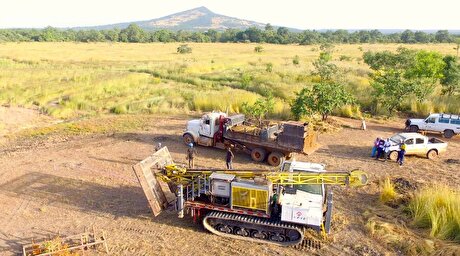
Fortuna rises on improved resource estimate for Senegal gold project

Copper price slips as unwinding of tariff trade boosts LME stockpiles

US slaps tariffs on 1-kg, 100-oz gold bars: Financial Times

Fresnillo lifts gold forecast on strong first-half surge

Why did copper escape US tariffs when aluminum did not?

Codelco seeks restart at Chilean copper mine after collapse

NextSource soars on Mitsubishi Chemical offtake deal

Hudbay snags $600M investment for Arizona copper project
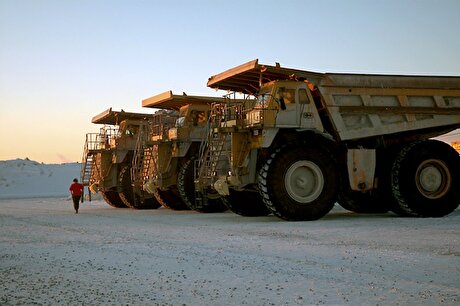
Discovery Silver hits new high on first quarterly results as producer
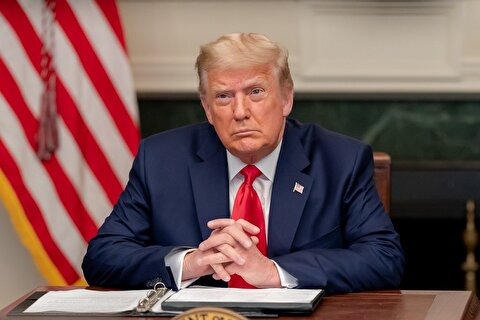
Trump says gold imports won’t be tariffed in reprieve for market

AI data centers to worsen copper shortage – BNEF

Uzbek gold miner said to eye $20 billion value in dual listing

Peabody–Anglo $3.8B coal deal on the brink after mine fire

De Beers strikes first kimberlite field in 30 years

Minera Alamos buys Equinox’s Nevada assets for $115M
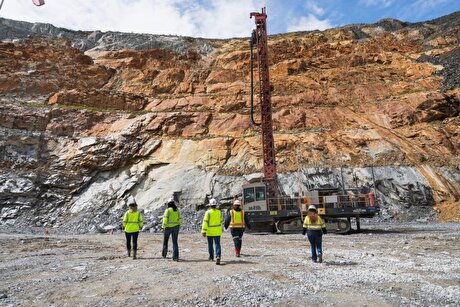
OceanaGold hits new high on strong Q2 results
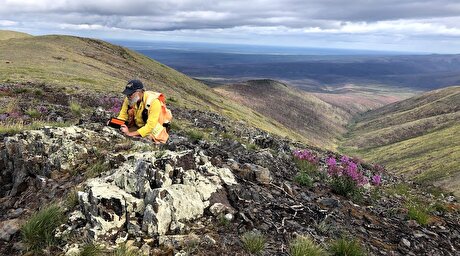
What’s next for the USGS critical mineral list

Hudbay snags $600M investment for Arizona copper project

Discovery Silver hits new high on first quarterly results as producer

Trump says gold imports won’t be tariffed in reprieve for market

AI data centers to worsen copper shortage – BNEF

Peabody–Anglo $3.8B coal deal on the brink after mine fire

De Beers strikes first kimberlite field in 30 years

Minera Alamos buys Equinox’s Nevada assets for $115M

OceanaGold hits new high on strong Q2 results

South Africa looks to join international diamond marketing push
